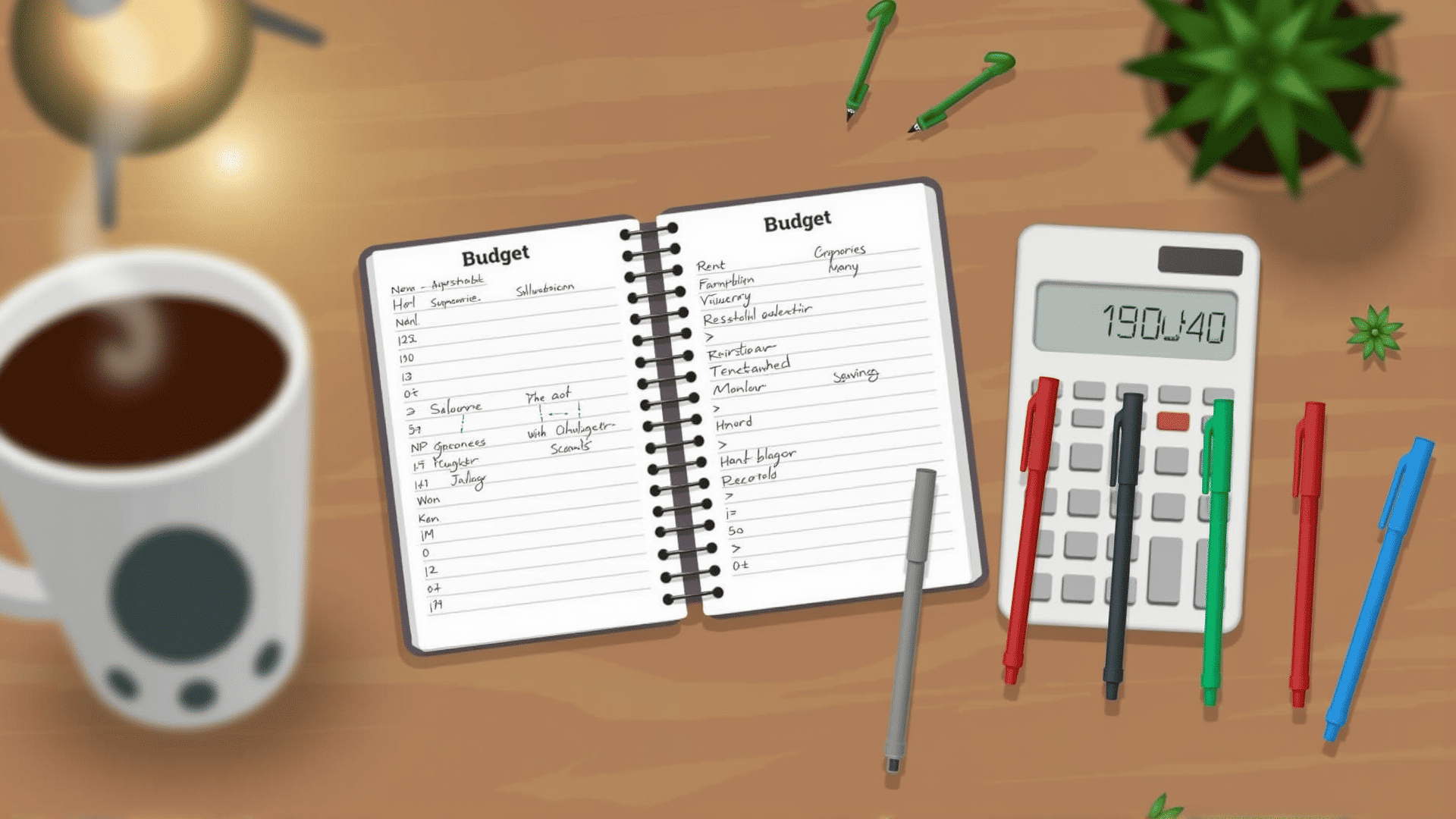Managing personal expenses effectively is a skill that can profoundly impact your life, fostering stability and helping you achieve your long-term goals. At the heart of managing expenses is a simple yet powerful tool: the budget. This guide aims to introduce you to the basics, providing you with the foundational knowledge needed to take control of your monetary health and future.
Understanding the Importance
A budget serves as a blueprint for your monetary activities, showing you where your resources go and allowing you to make informed decisions. It helps in allocating resources efficiently, ensuring that your essential needs are met first, and enabling you to plan for future aspirations.
Creating Your Budget
-
Calculate Your Income: This is the starting point. Knowing exactly how much comes in each month allows you to plan appropriately. Include all sources you can count on consistently.
-
List Your Expenses: Break these down into categories such as utilities, groceries, transportation, and savings. Some expenses will be fixed, like monthly utilities, while others can be variable, such as dining out or entertainment.
-
Set Priorities: Determine which expenses are essential and which ones are not. Essentials include housing, food, and utilities. Non-essentials can be entertainment or dining out.
-
Track Spending: Keep a diligent record of what you spend every month. This can be achieved through various methods like apps, spreadsheets, or old-fashioned pen and paper. Knowing your spending habits is crucial for effective management.
-
Adjust Accordingly: Once you’ve tracked your spending for a few months, you can begin to see patterns. Adjust your plan according to your priorities and eliminate unnecessary spending.
Tips for Sticking to Your Budget
-
Make it Realistic: Ensure your budget reflects actual spending habits and needs. A plan that is too restrictive is hard to maintain and may lead to discouragement.
-
Create an Emergency Fund: Life is unpredictable, and having a reserve for unforeseen circumstances can prevent financial stress.
-
Review Regularly: Revisit your budget monthly to make sure it aligns with your current needs and income. Make changes when necessary.
-
Use Tools: Take advantage of tools or applications that help track and categorize your expenditures. This can simplify the process and make it easier to follow your plan.
Budgeting is a continuous process and not a one-time setup. It demands patience and discipline, but the rewards are worth the effort. With careful planning and commitment, you can build a stable foundation for your future. Remember, the goal is not just to track but to ensure your actions align with your life's broader objectives. By mastering these basics, anyone can take significant steps towards better economic health and stability.
